Product Consultation
Your email address will not be published. Required fields are marked *

Mortise lock body - a combination of innovation and practicality
May 30,2025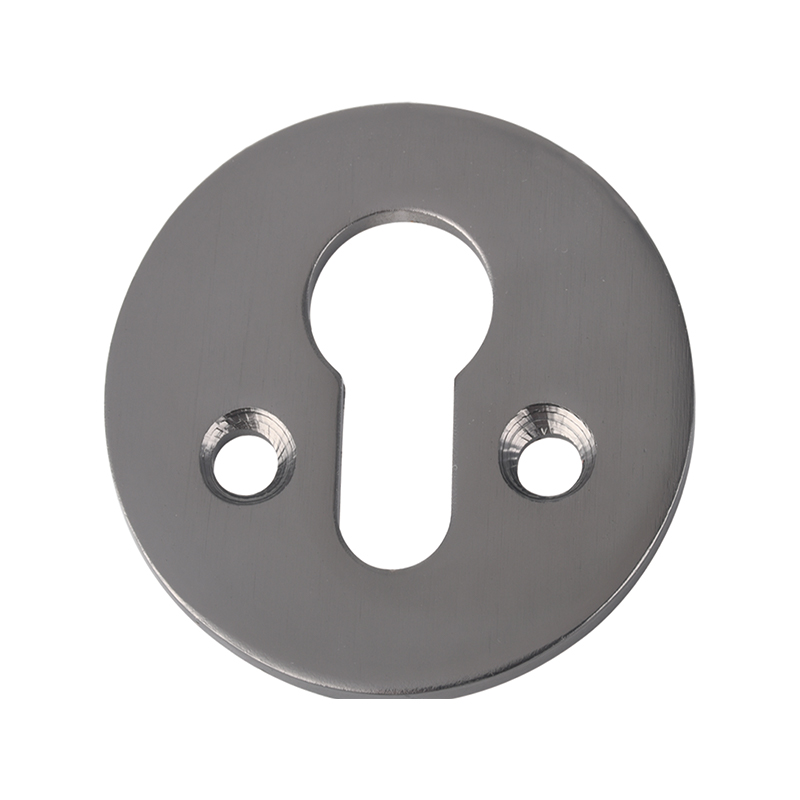
Next-Generation Intelligence in Building Hardware Accessories
May 23,2025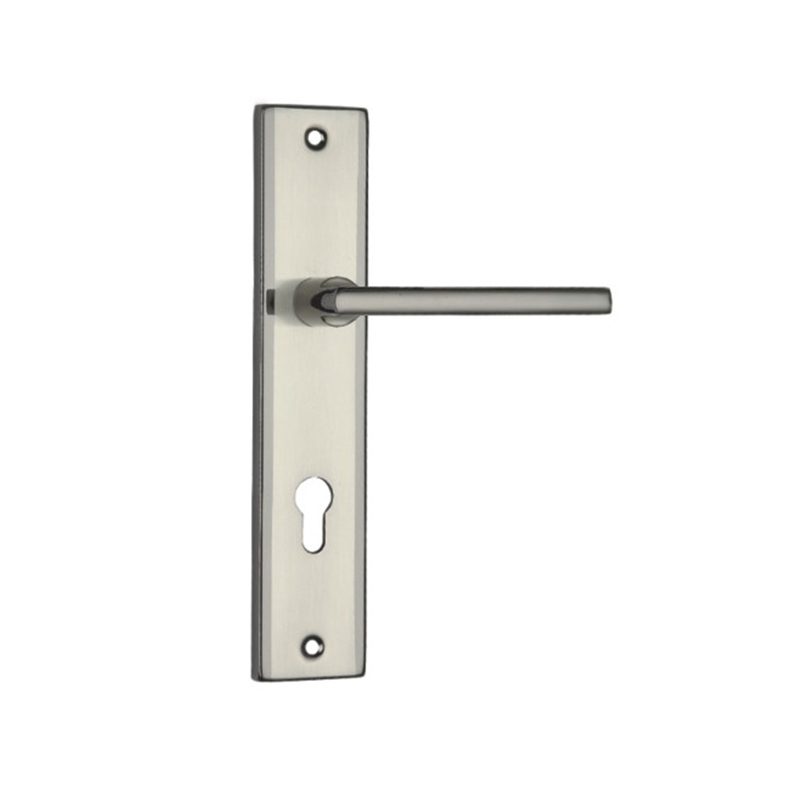
The Role of Steel Safety Door Lever Handles in Ensuring Fire Safety and Emergency Escape
May 16,2025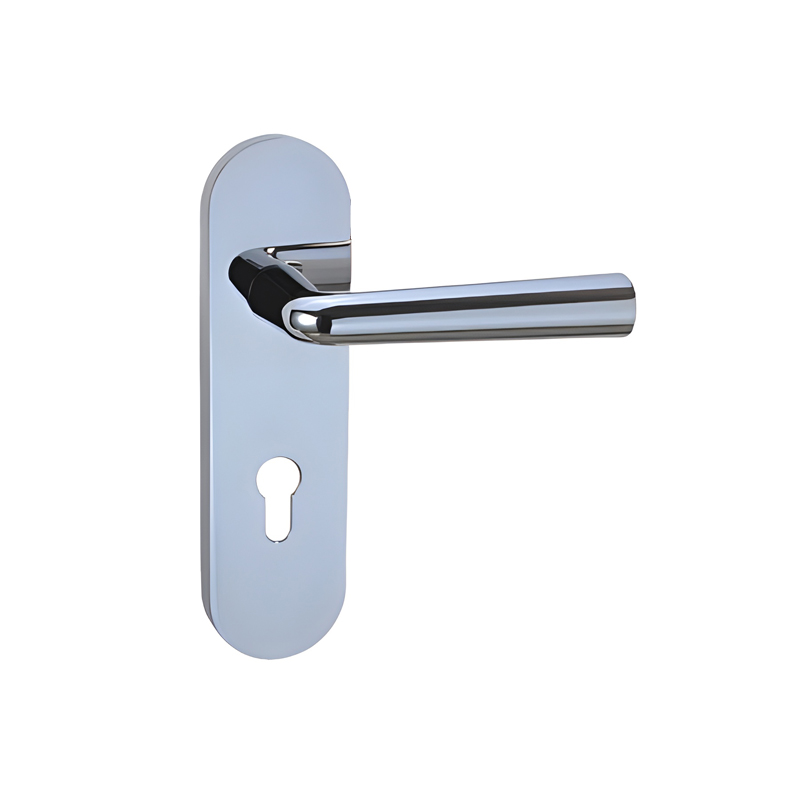
Innovative Security Engineering in Steel Safety Door Lever Handles
May 09,2025
The Importance of High-Quality Entrance Door Locks and Wooden Door Handles in Modern Door Hardware Manufacturing
May 02,2025
Advancements in Fire Rated Door Locks and Entrance Door Locks
Apr 25,2025
Innovations in Door Hardware: The Rise of the Internal Door Mortice Lock and Silent Latch Technology
Apr 18,2025
Internal Door Mortice Locks and Automatic Lock Assemblies in Modern Design
Apr 11,2025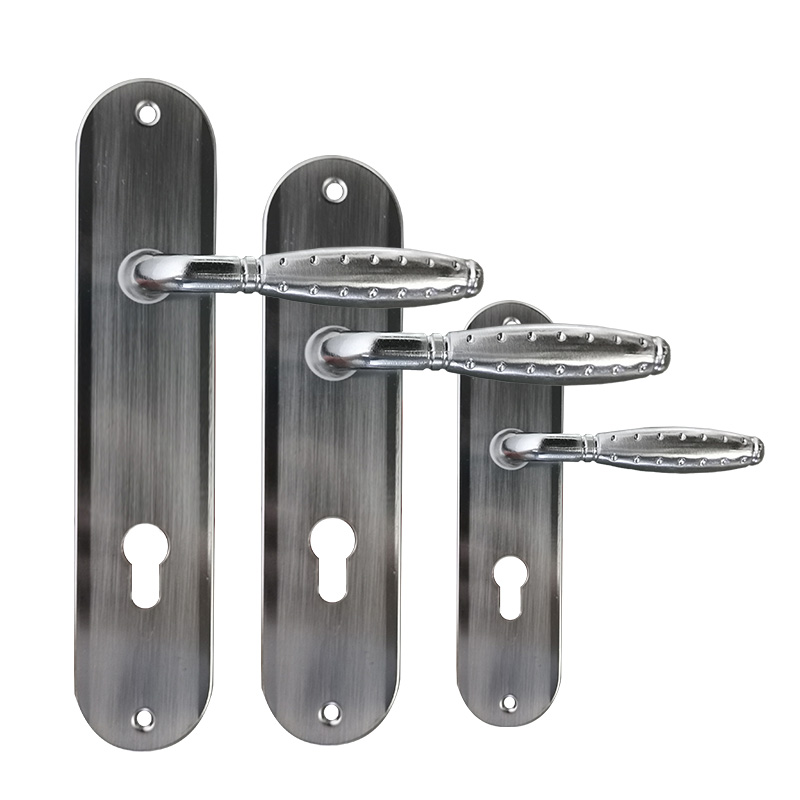
How do interior door lever handles combine style and functionality?
Apr 04,2025
How Are Armored Door Locks Enhanced by Modern Large-Scale Laser Equipment?
Mar 28,2025
Innovations in Fire Rated Door Locks: Engineering Safety Through Advanced Design
Mar 21,2025
How Armored Door Locks Enhance Home Security?
Mar 14,2025
In the quest for a more sustainable future, the manufacturing industry has been at the forefront of innovation, with hardware door locks playing a pivotal role in this transformation. As the demand for eco-friendly products surges, manufacturers are tasked with the challenge of creating hardware door locks that not only secure our homes and businesses but also contribute positively to the environment. This article delves into the materials used in the production of hardware door locks, the impact of these choices on the environment, and how manufacturers are embracing green production methods to reduce their carbon footprint.
The traditional materials used in the production of hardware door locks, such as brass, zinc, and stainless steel, have been the industry standard for decades. However, with the growing awareness of environmental issues, there is a shift towards using sustainable and recycled materials. The choice of materials for hardware door locks has a significant impact on the environment, as it determines the energy consumption, waste generation, and the overall lifecycle of the product.
Sustainable materials, such as recycled aluminum and bio-based plastics, are gaining popularity in the hardware door lock industry. These materials offer a reduced environmental footprint compared to their non-renewable counterparts. For instance, recycled aluminum requires significantly less energy to produce than aluminum derived from raw materials, thus reducing the carbon emissions associated with its production. Similarly, bio-based plastics, derived from renewable resources like corn or sugarcane, can be a more sustainable alternative to petroleum-based plastics, reducing the reliance on non-renewable resources.
The use of sustainable materials in hardware door locks not only benefits the environment but also aligns with the growing consumer demand for green products. Consumers are increasingly conscious of the environmental impact of their purchases and are more likely to choose products that are manufactured with sustainability in mind. This trend is driving manufacturers to rethink their production processes and materials to meet these market demands.
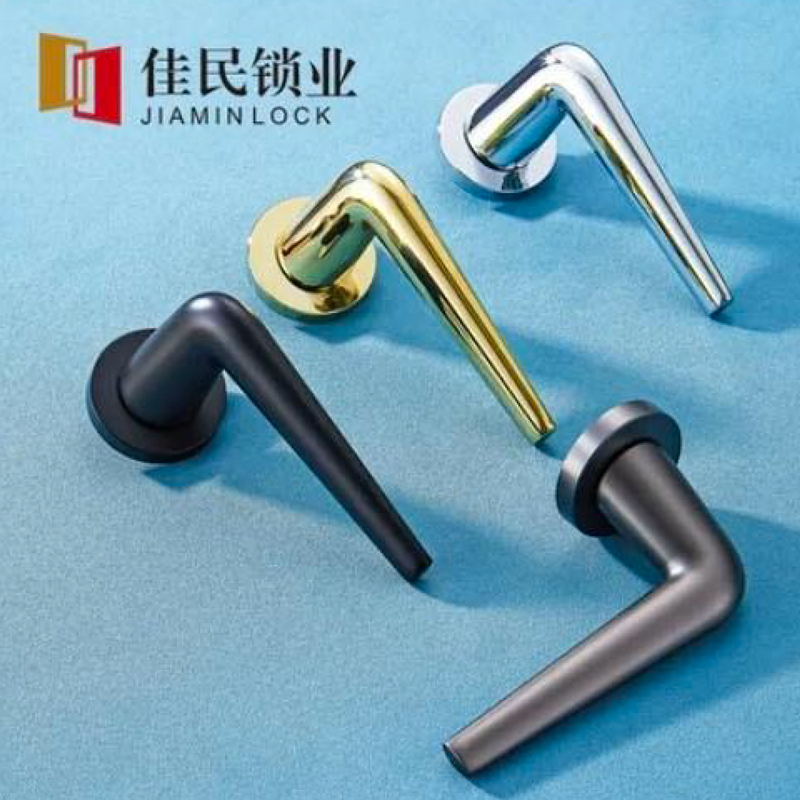
In addition to material selection, the manufacturing process itself plays a crucial role in determining the environmental impact of hardware door locks. Green production methods focus on reducing waste, conserving energy, and minimizing the use of harmful chemicals. Manufacturers are adopting lean manufacturing principles to streamline their operations, reduce waste, and improve efficiency. This approach not only benefits the environment but also leads to cost savings for the company.
Energy consumption is another area where hardware door lock manufacturers can make a significant impact. By investing in energy-efficient machinery and implementing energy management systems, companies can reduce their carbon footprint. For example, using solar panels to power manufacturing facilities can significantly decrease the reliance on fossil fuels, contributing to a lower carbon footprint.
Another aspect of green production is the end-of-life management of hardware door locks. Ensuring that these products are designed for easy disassembly and recycling is crucial for reducing waste and promoting a circular economy. Manufacturers are increasingly incorporating design for disassembly principles into their hardware door lock products, making it easier to recover and reuse materials at the end of their lifecycle.
The hardware door lock industry is also exploring the use of digital technologies to enhance sustainability. For instance, the Internet of Things (IoT) can be used to monitor and optimize energy consumption in manufacturing facilities. Smart sensors can provide real-time data on energy usage, allowing manufacturers to identify inefficiencies and implement improvements. This technology can also be integrated into hardware door locks themselves, offering features like remote monitoring and control, which can reduce energy waste in buildings.
In conclusion, the hardware door lock industry is at a crossroads where traditional manufacturing practices are being challenged by the need for sustainability. The choice of materials, the adoption of green production methods, and the integration of digital technologies are all critical factors in reducing the environmental impact of hardware door locks. Manufacturers that embrace these changes not only contribute to a healthier planet but also position themselves as leaders in a market that increasingly values sustainability.
As the world moves towards a more sustainable future, the hardware door lock industry has a unique opportunity to the way. By choosing sustainable materials, implementing green production methods, and reducing their carbon footprint, manufacturers can create hardware door locks that are not only secure but also environmentally responsible. This shift towards sustainability is not just a trend; it is a necessary step towards preserving our planet for future generations. The hardware door lock industry's commitment to these principles will be a testament to their role in building a greener, more sustainable world.
Your email address will not be published. Required fields are marked *

Model Number: JM609 1), Size: 345*65*135mm, center distance: 60/68mm with mortise Locks. 2), 4 funct...

JM-884A Door handles for interior room 1, Material: Stainless Steel 2, Center distance: 50mm 3, Plat...

Description: 5050 5850 Door Locks Handles sets Material: Zinc Alloy Function: Full sets for Living R...

JM-51 Door handles Entrance 1, Material: Iron plate+ aluminum lever 2, Center distance: 68mm, Side...
JIAMIN is a brand we have built over many years, and its products are favored by customers and consumers at home and abroad.
View More

